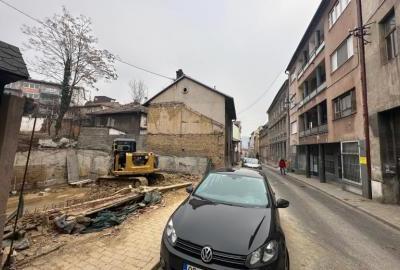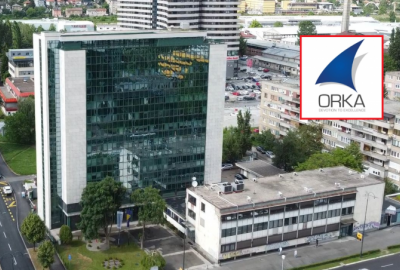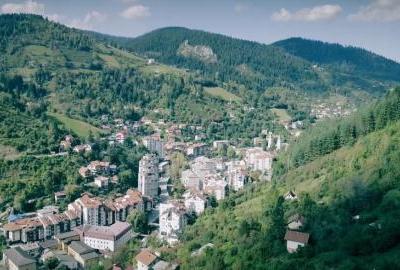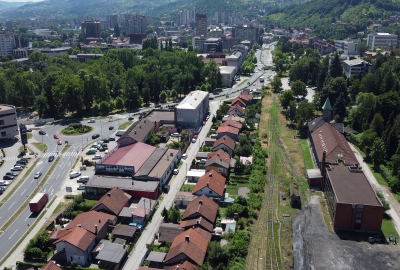Žurnal in English
CAN RITE UGLJEVIK SURVIVE: Capital Reduction as a Step Toward Privatization?
The situation at RiTE Ugljevik is alarming, not only because of significant financial losses and the burden of settling debts from arbitration rulings but also due to the deteriorating condition of the thermal power plant. A major overhaul of the plant should be conducted at least every five years, but the last overhaul of the 40-year-old Ugljevik plant was done in 2017. As we approach the end of 2024, the management of RiTE is considering postponing the next major overhaul until 2026!
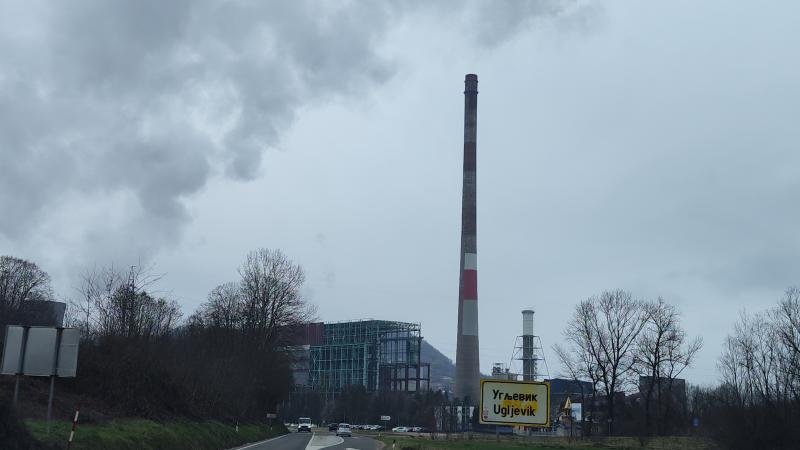
The ruling of the Arbitration Court in Belgrade, which requires the Mining and Thermal Power Plant (RiTE) Ugljevik to pay 67 million euros in damages, plus 58.2 million euros in interest, to the Slovenian company Elektrogospodarstvo Slovenije razvoj in inženjering (EGS-RI), could seal the fate of this public company, already drowning in financial losses.
RiTE Ugljevik depends entirely on the will of the Electric Utility of Republika Srpska (ERS) to transfer funds for debt repayment to the Slovenian firm. However, the Ugljevik-based company has no direct connection to these obligations, as the arbitration dispute was initiated based on a self-management agreement signed during the former Yugoslavia. The arbitration case brought by Slovenia against RiTE Ugljevik concluded at the end of January this year. In addition to the damages, which total 125 million euros, RiTE Ugljevik has committed to supplying the Slovenian side with one-third of the electricity it produces as long as the power plant remains operational.
The RiTE Ugljevik Shareholders' Assembly held a session on October 15, during which it decided to issue shares of this public company on the Banja Luka Stock Exchange to raise 20 million KM to pay part of the debt to EGS-RI. The directive for issuing bonds was given by ERS, instructing the management of RiTE to "take all necessary steps within their competence to successfully carry out the stated procedures and enable RiTE to fulfill its obligations". Before the issuance, RiTE Ugljevik had to comply with the provisions of the Companies Act and conduct a capital reduction process to cover accumulated losses, which amounted to 193.55 million KM as of last year.
Following the Shareholders' Assembly, RiTE Ugljevik issued a "Notice to Creditors" on October 18, stating that the company's accumulated loss as of December 31, 2023, amounted to 193,557,514 KM. Part of the loss, as noted, was covered by profits generated in the previous year, while the remaining total loss was covered by reducing the share capital, which previously stood at 256,013,165 KM.
"The capital is being reduced by 188,324,050 KM to cover losses of 181,555,139 KM and to form legal reserves amounting to 6,768,911 KM", the "Notice to Creditors" specified.
Thus, the Shareholders' Assembly reduced RiTE Ugljevik's share capital from 256 million KM to 67,689,115 KM.
"The amount by which RiTE's capital was reduced is intended to cover the obligations arising from the decision of the Arbitration Court in Belgrade", a source familiar with the situation at RiTE Ugljevik told Žurnal.
On November 19, the Banja Luka Stock Exchange announced a decision to temporarily halt trading in RiTE Ugljevik securities. The explanation cited the reduction in the company’s share capital as the reason.
A Žurnal source explained that the sale of RiTE Ugljevik shares on the Banja Luka Stock Exchange was stopped due to the capital reduction, which altered the distribution of shareholders.
"The plan is for ERS to buy RiTE shares on the stock exchange and then recover the funds through recapitalization, which will lead to changes in the ownership structure of this public company. This effectively opens the door to the privatization of RiTE Ugljevik through the back door", the source claims.
Slovenian Shell Company
RiTE has already experienced a drastic drop in its stock ratings on the Banja Luka Stock Exchange. In October of last year, RiTE's shares were delisted from the official stock market and transferred to the free market due to a negative opinion from an independent auditor. RiTE appealed to the Securities Commission of Republika Srpska, which upheld the appeal, leading the Stock Exchange to issue a new decision on November 8, 2023, reclassifying RiTE from the A-list to the B-list of the official stock market.
This status, however, was short-lived. On March 8 of this year, the Banja Luka Stock Exchange further downgraded the company's shares, moving them from the B-list to the C-list of the official stock market. This was due to non-compliance with a specific condition: RiTE's market capitalization was 6,144,316 KM, falling below the 10,000,000 KM threshold required by stock exchange regulations.
If the company continues to incur significant losses—a very likely scenario—coupled with a further decline in share value, its stocks may be delisted from the official stock market and returned to the free market. This would reduce the regulatory requirements for purchasing shares, creating opportunities for speculation in buying and reselling RiTE shares. Ultimately, this could lead to a non-transparent change in the company's ownership structure.
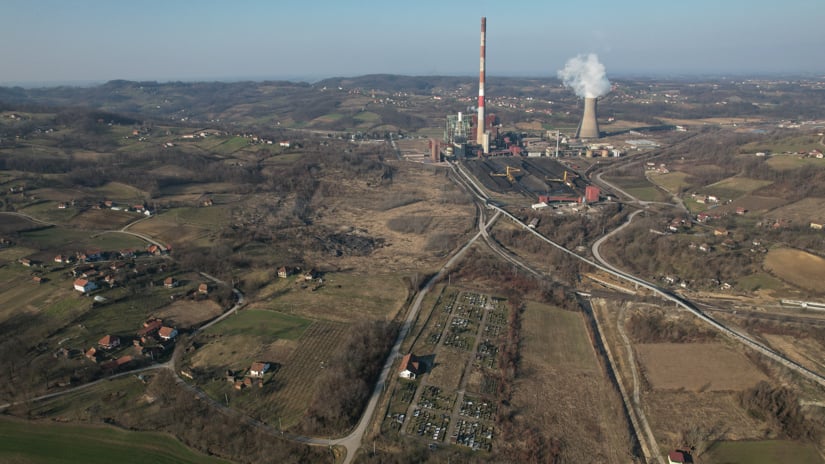
In addition to the decision by the Arbitration Court in Belgrade, the Slovenians have initiated another lawsuit against RiTE, this time before the arbitration court in Washington. The outcome of this case remains uncertain. Interestingly, the authorities of Republika Srpska (RS) described the Belgrade arbitration case as “favorably concluded", even though the ruling was in favor of the Slovenian company.
The cost of the arbitration dispute will, undeservedly, fall on RiTE. This raises a logical question about the accountability of RS officials who rejected the option of resolving the dispute with the Slovenians through negotiations, avoiding arbitration altogether.
Sources from Žurnal suggest that a negotiated settlement with the Slovenian company ten years ago would have been more advantageous than the consequences of the arbitration ruling from Belgrade. They also do not rule out the possibility that someone in the RS government may have prearranged with the Slovenian firm EGS-RI—a legal successor to the former Electric Utility of the Socialist Republic of Slovenia—not to reach a settlement but to proceed to arbitration. This could have been part of a deal where each party would later take a share of the outcome.
They support this theory by pointing out that EGS-RI is not a Slovenian state-owned operator but, according to the Bizi portal (bizi.si), a limited liability company headquartered in Maribor with zero employees. In short, the Žurnal sources claim that this is a classic "shell company" to which RiTE Ugljevik is expected to pay 67 million euros!
Information Is Sparse or Nonexistent
Logical questions arise: why did the management of RiTE Ugljevik agree to settle the financial obligations imposed by the arbitration ruling, which resolved one of the two disputes initiated by Slovenia over pre-war investments in the Ugljevik thermal power plant? Will this jeopardize the future operations of RiTE Ugljevik? Why didn’t the RS Government or Elektroprivreda RS, the majority owners of the Ugljevik power plant, assume responsibility for this debt, especially given that it was not included in the Succession Agreement between the former Yugoslav republics?
Is there truth to the speculation that reducing RiTE Ugljevik's capital and selling shares is a way to covertly alter the ownership structure of this public company, paving the way for its privatization? Is it accurate that this is being done so that, at some point, the debt to the Slovenians could be settled by "Comsar Energy RS" (CERS), the sole remaining company founded by Russian oligarch Rashid Serdarov in RS, in exchange for rights to exploit coal in areas where it currently holds no concession?
 Russian oligarchs in BiHTakeover of the energy sector and destruction of Aluminum
Russian oligarchs in BiHTakeover of the energy sector and destruction of Aluminum
From August to now, Žurnal has repeatedly sought answers to these questions from Acting Director of RiTE Ugljevik Diko Cvijetinović, Director of ERS Luka Petrović, and RS Minister of Mining and Energy Petar Đokić, but has encountered an impenetrable wall of silence.
"The standard tactic—play dead until the situation escalates to the point where employees and the public are presented with a fait accompli. The question is whether any of them have any idea how to solve this problem. I don’t think they do", Srđan Blagovčanin, Chair of the Board of Directors of Transparency International in BiH, told Žurnal.
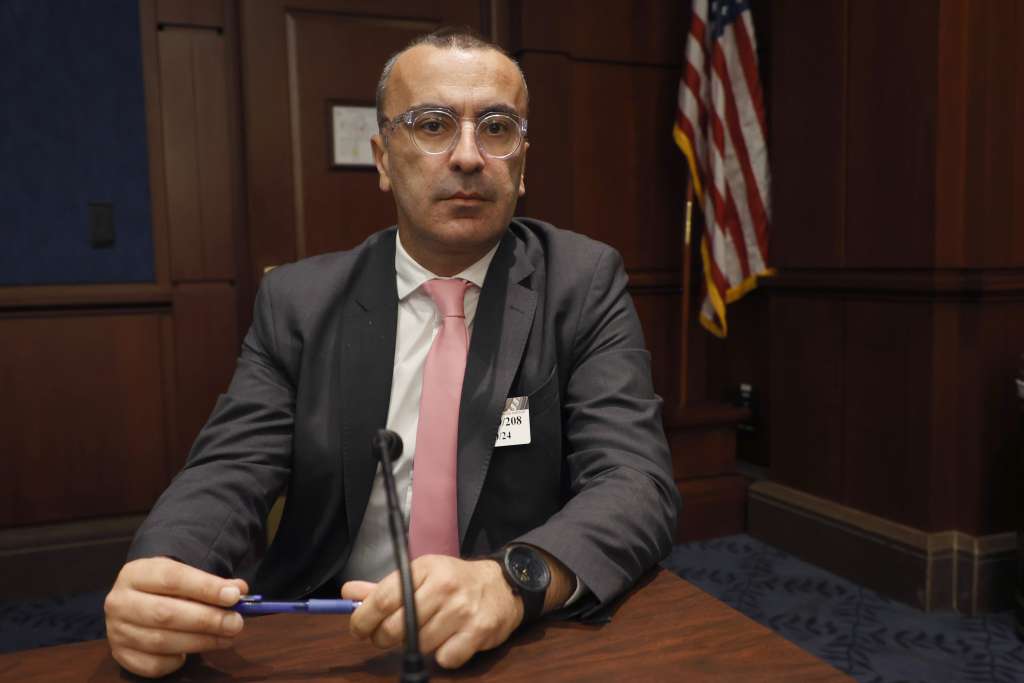
The developments at RiTE Ugljevik, Blagovčanin stated, are a demonstration of the state of affairs in nearly all public enterprises in Republika Srpska (RS).
"We’ve seen what’s happening with RS Forests and the Railways.
The situation at RiTE Ugljevik is very dire, and the public is receiving information in dribs and drabs. It’s unclear whether the RS Government has any plan or strategy for preserving RiTE, if they’re even considering it. It’s evident that the problems stemming from the arbitration decision are immense and that the company’s internal condition makes it very difficult to expect RiTE Ugljevik to continue operations smoothly under such burdens", Blagovčanin said.
Economist Zoran Pavlović emphasized that RiTE’s current predicament, caused by the significant obligations arising from the arbitration ruling, is the result of unreasonable actions by successive RS governments. These authorities failed to accept the fact that a third of the Ugljevik thermal power plant’s capacity was financed by Slovenian Elektroprivreda before the war. Pavlović deemed the RS government’s decision to place the entire burden of debt repayment onto RiTE as unfair, inappropriate, and harmful to the company’s future operations.
"It’s like having five children, and when one of them causes damage, breaks a window, you make that child pay for the window on their own, instead of the parents assuming responsibility. It’s unfair, inappropriate, and could severely jeopardize a company already in disarray", Pavlović said.
Perović's Sinister Plan
It is evident that RS authorities are deliberately steering RiTE Ugljevik toward collapse, forcing the company to reduce its share capital and issue shares, which will be purchased by interested individuals aiming to gradually take over ownership of the Ugljevik company.
According to a reliable Žurnal source, several tycoons are maneuvering to have the RS Government buy the concession for "Istok 2" from CERS in the event that the construction of the "Ugljevik 3" Thermal Power Plant—mandated by a 2013 concession agreement—does not proceed. If this plan fails, which is likely since the RS Government lacks funds even for its current obligations, lobbying efforts will begin to grant CERS the rights to exploit the "Ugljevik Istok 2" coal mine. This is a unique coal deposit critical for supplying the thermal power plant. If CERS obtains the permit, they will reap significant profits by selling Ugljevik coal at high prices on foreign markets—a practice that, reportedly, is already underway.
"Convoys of coal from Ugljevik mines are heading to Serbia", said economist Zoran Pavlović.
Other Žurnal sources claim that just last year, coal worth 1.5 billion KM was exported from multiple mines in Republika Srpska to foreign markets!
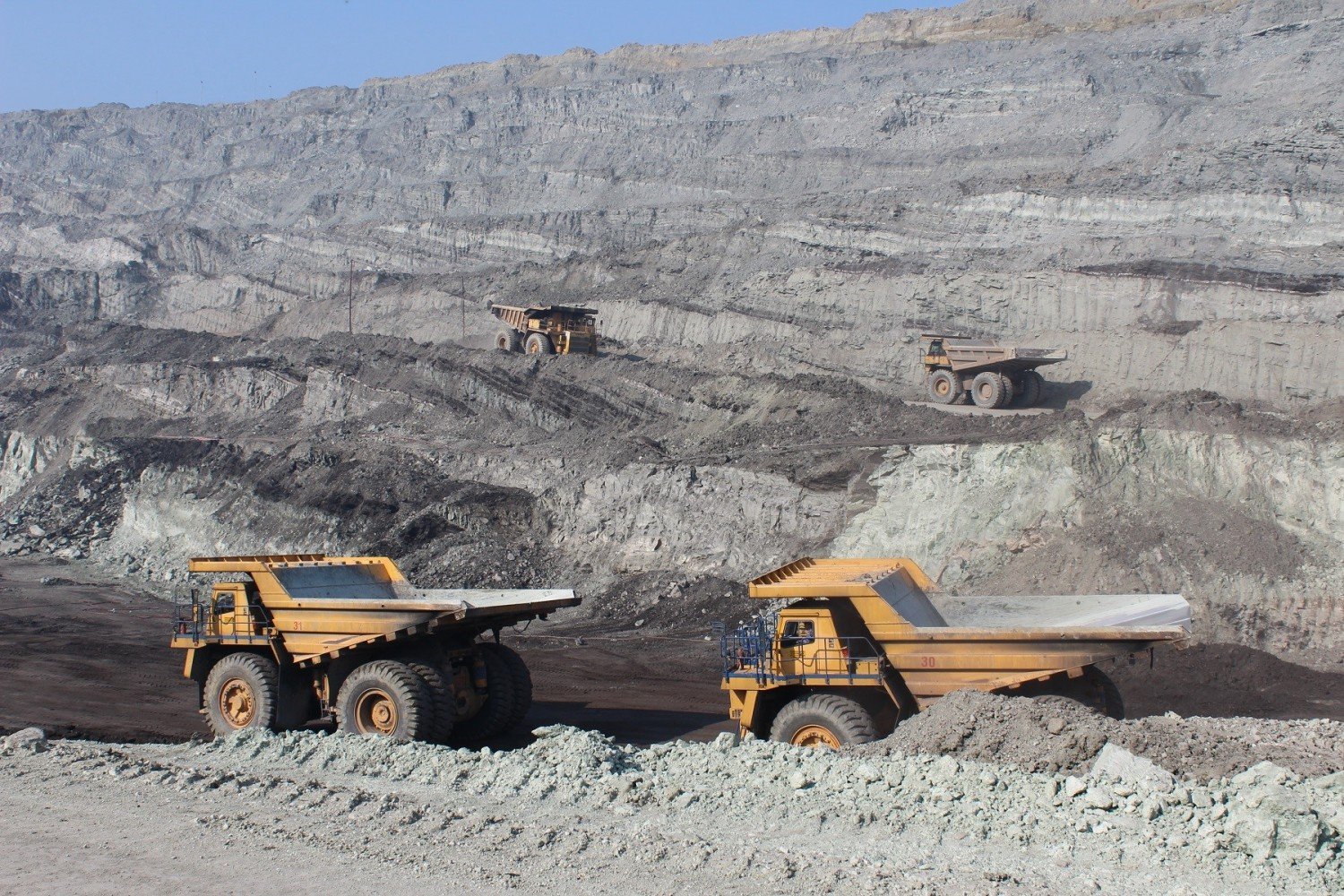
At the same time, RiTE Ugljevik is facing a severe shortage of coal, with stockpiles lasting only two to three days of production, despite the fact that the thermal power plant should have enough coal in reserve for at least 30 days of operation.
"There was no timely expropriation; instead, parcels were bought on an old dump site, which would still need another ten years of reserves to sustain the plant’s operations. Everything reeks of a chaotic privatization process, as the reduction of share capital is leading in that direction", said a Žurnal source.
According to this source, in order for RiTE Ugljevik to survive, its leadership should first be replaced, and then the burden of repaying the debt to the Slovenians, stemming from the arbitration ruling, should be taken off the company’s shoulders. This debt should either be assumed by ERS or the RS Government.
"The arbitration ruling is a noose around RiTE’s neck. It’s a debt that cannot be considered long-term. Seven years have already passed, and the obligations arising from the arbitration decision exceed the value of the entire mine and thermal power plant, which is a massive problem. If RS were on solid footing, which it isn’t, it should have taken over that debt", the source explained.
It’s a Long Road to the "Green Agenda"
The problems faced by RiTE Ugljevik extend beyond the company itself, impacting its parent company, Elektroprivreda RS. Republika Srpska is obligated to implement the "green agenda", but due to its poor rating in the West, it lacks the necessary investments. The question remains: what should be done in the meantime, until the energy transition and "green agenda" are realized? The only resource that RS currently possesses is electricity. If it loses that and becomes an importer, it spells disaster for both the economy and the population of this Bosnian entity.
The situation at RiTE Ugljevik is critical, not only due to massive losses and the burden of repaying debts from the arbitration ruling, but also because the thermal power plant is in poor condition. Capital repairs on the plant are supposed to be done every five years at most, and the last major overhaul of the 40-year-old Ugljevik thermal power plant was in 2017. With the end of 2024 approaching, the management of RiTE is considering postponing the general overhaul until 2026?!
Given that, after nuclear power, thermal power plants are the most complex technological systems, the lack of maintenance threatens to lead to a disaster. If such an event were to occur, it could shut down the plant, leaving thousands of families without their livelihoods. The plant is currently operating at lower capacity, near its technical minimum, to prevent a system failure. If operations fall below the technical minimum, the plant will shut down.
"The youngest thermal power plant in BiH is 40 years old. The companies that supplied parts for repairs probably no longer exist", says economist Zoran Pavlović.
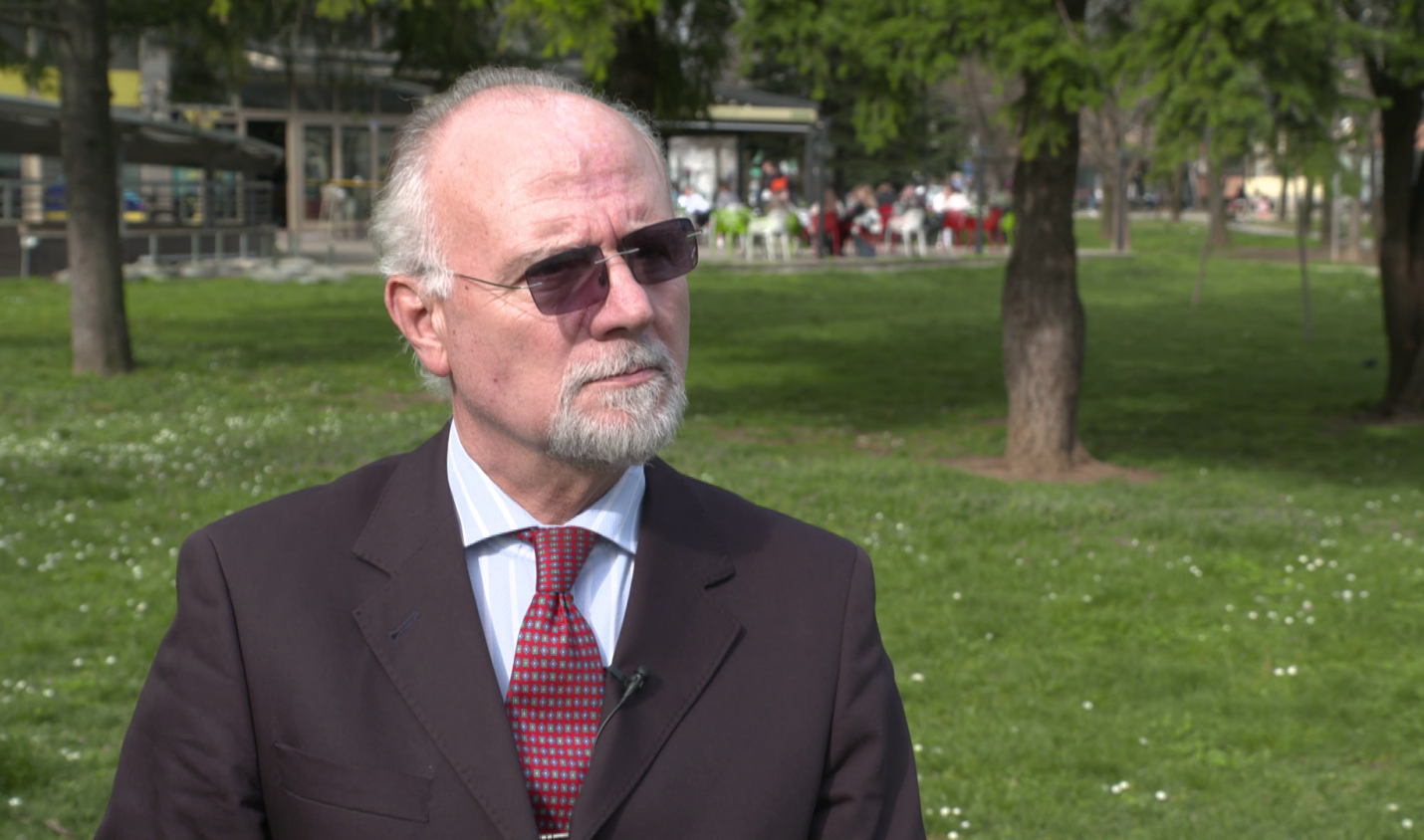
The thermal power plants in Ugljevik and Gacko were entirely built using Russian technology, and today, finding spare parts for these aging systems has become extremely difficult. The generator overhaul could have been done by a Polish company, while the turbine repairs were originally handled by a company in Ukraine, a country now embroiled in war. Along with these challenges, inflated costs were agreed upon with various subcontractors, further raising the cost of electricity production. According to unofficial sources, the cost of producing electricity at TE Ugljevik exceeds the price at which it is sold. The balance in electricity pricing is achieved by calculating the total electricity production, including that from thermal plants and hydropower stations. The production cost of a megawatt at thermal plants is over 60 euros per megawatt-hour, while hydroelectric plants can produce electricity for between 18 and 20 euros per megawatt-hour.
Another issue for RiTE Ugljevik is its subsidiary, "Termonova". This company handles the distribution of thermal energy from the power plant in Ugljevik and collects payments. However, through political connections, they continue to hire new workers, which adds to the financial burden of RiTE, which already has an excess of staff, especially in non-production sectors. Additionally, the company's obligations to banks and suppliers are growing, yet management has done little to improve the situation. RiTE is burdened with large mortgages, significant accumulated losses, and a low credit rating, and without new loans, it cannot invest in equipment or production.
There is no doubt that RiTE Ugljevik is nearing the end of its lifespan. It has been in operation for 40 years, though the average lifespan of a thermal power plant is typically 20 to 25 years. It is also clear that the government of RS is doing little to save this public enterprise. On the contrary, with decisions like having RiTE pay the debt to the Slovenes, they are pushing it toward collapse, leaving it vulnerable to various local and foreign opportunists. Their goal is singular: to seize the mining resources in the Ugljevik region and, eventually, to export the coal from this area for huge profits, outside of RS and BiH.
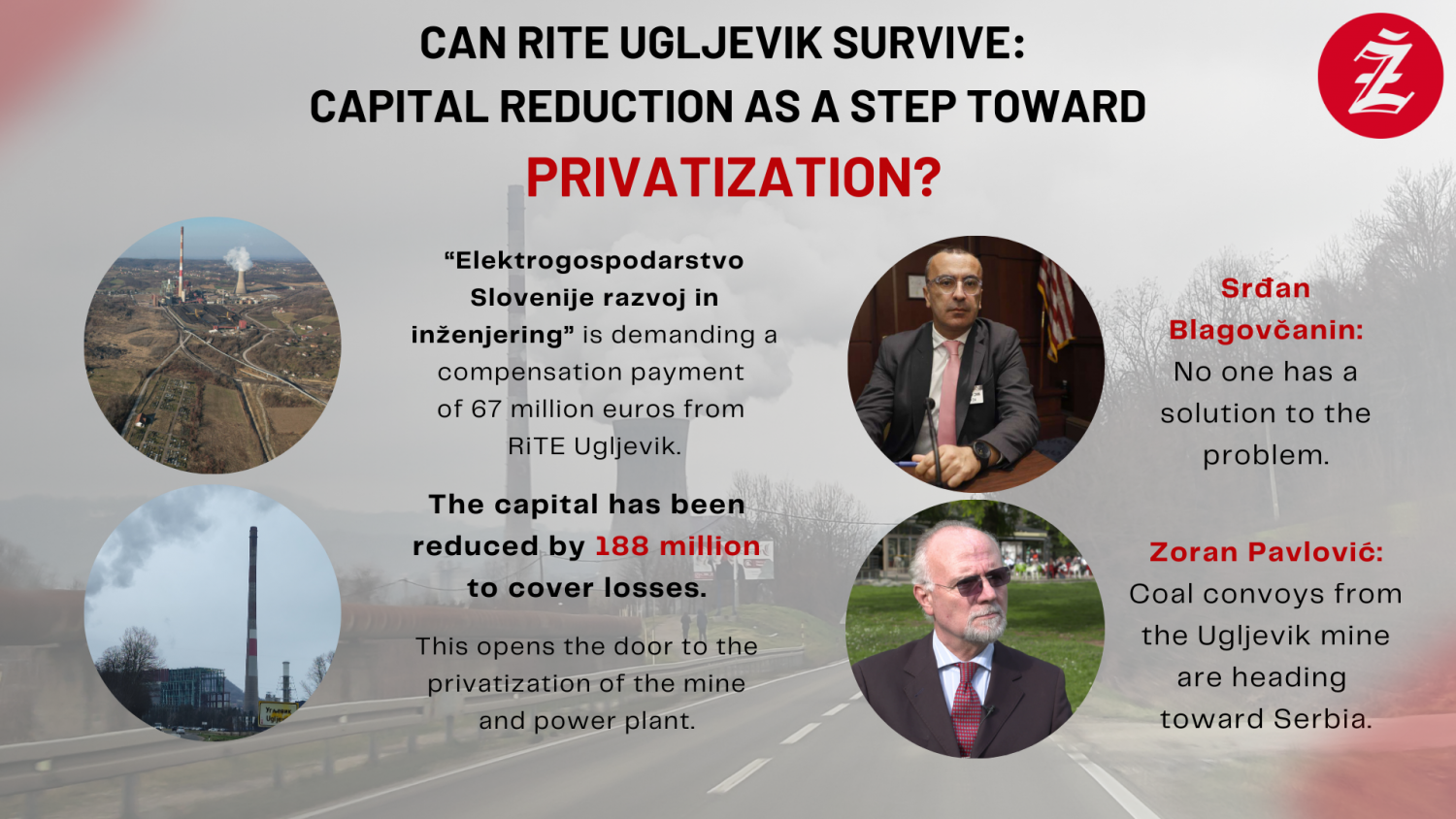
(zurnal.info)





